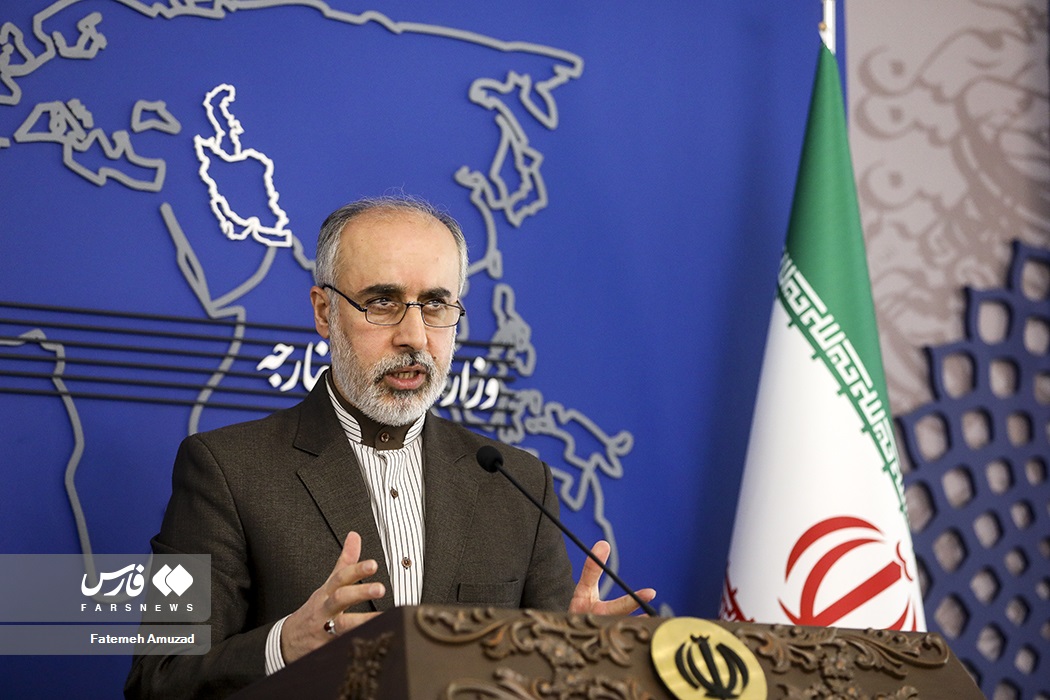“Those who turn a blind eye on 44 years of the unparalleled presence of the vast majority of Iranians in rallies in support of the country, the [Islamic] Revolution, and their leadership and opt for a number of identityless clowns, neither do believe in democracy nor have any knowledge about the Revolution and the Iranian nation,” Kanaani wrote in a post published on his official Twitter page on Saturday, accompanied by a picture of Iranians taking part in a mass rally on the anniversary of the victory of the 1979 Islamic Revolution in Iran.
He went on to note that enemies and opponents “will soon have to kneel down before the perseverance, strength, and greatness of the Iranian nation.”
The decision not to invite Iranian officials to the MSC, and ask anti-Iran figures instead to participate comes after the Islamic Republic’s response to the recent unrest across the country.
Riots broke out in Iran in mid-September after the death of a 22-year-old Iranian woman in police custody. Mahsa Amini fainted at a police station in Tehran and was pronounced dead three days later in a hospital. An official report by Iran’s Legal Medicine Organization concluded that Amini’s death was caused by illness rather than alleged blows to the head or other vital body organs.
Iran’s intelligence community has said several countries, including the United States and the UK, have used their spy and propaganda apparatuses to provoke violent riots in the country.
Rioters went on a rampage, brutally attacking security officers and causing massive damage to public property. Dozens of people and security personnel were killed in the riots.
Munich Security Conference, which started on Friday and concludes on February 19, also excluded Russia due to its military campaign in Ukraine.
Iran has sent a senior official to the conference since at least 2009, according to the event’s official website, with the exception of the years 2011-12 — when the country was sanctioned by the US and the European Union — and 2021, following the COVID-19 pandemic.
